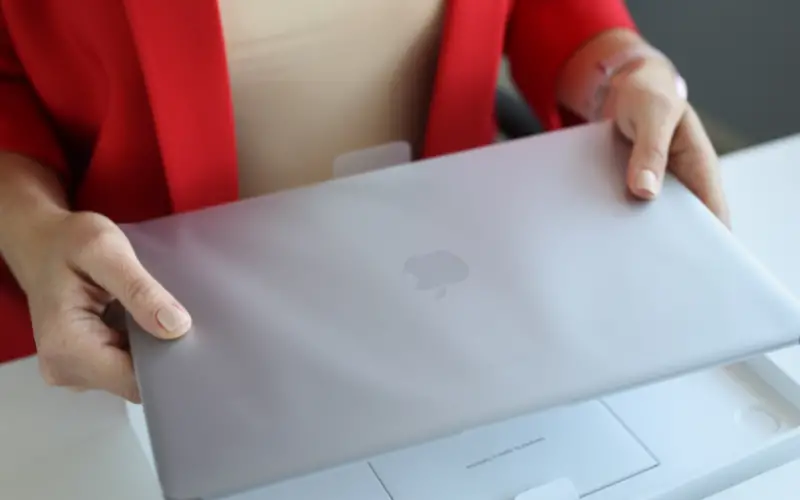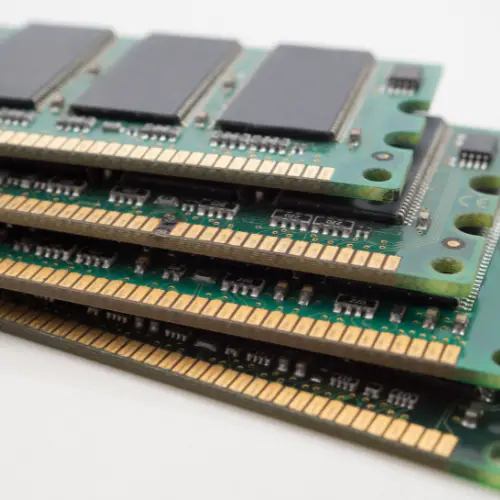
Content
Is 256GB SSD enough for Engineering Student Laptop
The answer is yes if you’re an engineering student. The reason why I say that, is because of the amount of data you would need to store on a 256GB SSD. You will be storing all your course materials, documents, and assignments on your laptop. You could also use cloud storage for some of the files, but for the sake of argument let’s just assume that you need to store everything on your computer itself.
So how much space does all this take up? To give you an idea of how much space a single course’s material could take up, here are some numbers: A typical engineering student’s computer has around 2-3 years’ worth of content on it (depending on which course and university). So the average student will have around 2GB-3GB worth of content per year (the exact number depends on how many assignments there are per semester). This means that an engineering student’s computer usually has about 60GB-90GB worth of content spread across all their courses.
How long will 256 SSD last?
SSD is a storage device that retains data without power. It can be used as a hard drive and can also be used as RAM. The average life of an SSD is 6 to 10 years, which means that it will last for about 7 years for an engineering student laptop. The average life of an SSD depends on various factors such as the amount of data written, the number of reading/write cycles, temperature, etc.
If you are an engineering student, then you must know that your laptop will be used extensively by you, so you will surely experience wear and tear in your SSD in less than 7 years.
How much storage should an engineering student have?
The amount of storage you need depends on how much data you have. If you’re a student and don’t have that much data, then 128GB or 256GB should be enough for you. However, if you are a professional engineer who is working with complex models and designs, then 512GB to 1TB should be more than enough for you.
If your computer is older or if it runs Windows Vista or XP, then 128GB or 256GB would be sufficient for most people; however, if your computer has a newer operating system like Windows 10 or Mac OS X Leopard or Snow Leopard and it’s not any older than 5 years old then 1512GB or 1TB would be ideal.
Is 256GB enough for university?
If you are planning on doing a lot of writing, reading, and research, then a 256GB SSD may be sufficient. Unless you want to store a lot of music, movie files, or gaming on your laptop, you might need more space. In these situations, we would recommend upgrading to 512GB or 1TB of storage space. The extra cost might seem high but it’s worth it in the long run when considering how much content will be stored on the device
How much SSD do I need for engineering?
Let’s take a look at what we need to consider when deciding on how much SSD we will need for engineering.
First and foremost, we have the size of the data that is going to be stored on the drive. The larger the data, the bigger the SSD drive you will need. This is because you need more space for storing all that data. If you are working with large data, then you will need more space as well as speed in order to handle it. When it comes to speed, there are many factors involved in determining how fast your drive will be able to read and write data. These factors include:
Size – The larger the size of your SSD drives, the faster they are able to read and write data at a given time. So if you have a lot of space available and want to cut down on costs then you can opt for smaller drives with less storage capacity but more speed than larger ones with better storage capacity but lower speeds.
Interface – The interface type refers to how your SSDs connect with your computer or laptop/desktop computer system (if you’re using an external hard drive). You can choose from SATA II or SATA III interfaces which are also known as Serial ATA interfaces.







